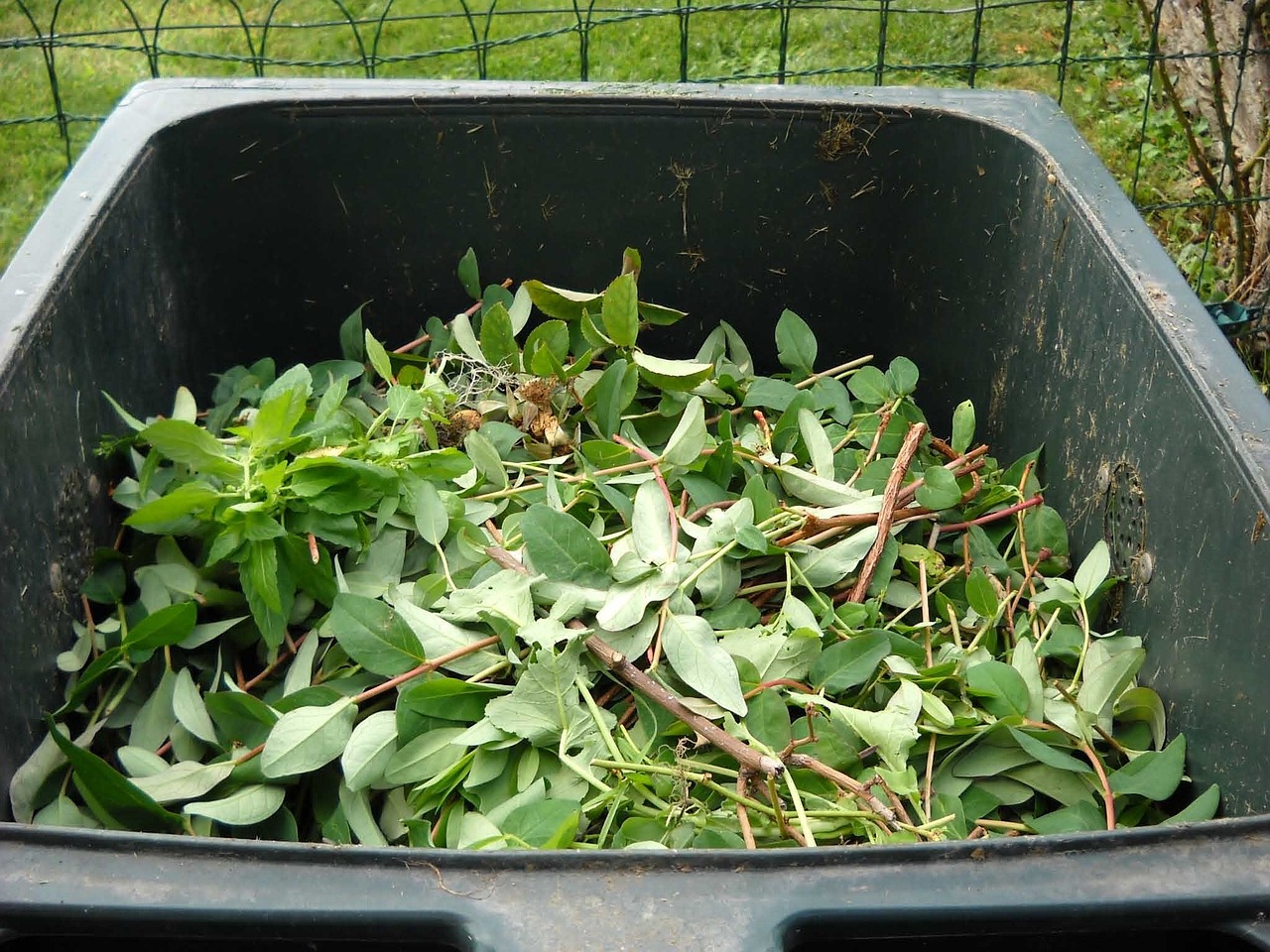Introduction
One of the most common questions regarding waste management is, “Can green waste go in recycling?” Many homeowners and businesses are unsure about the best way to dispose of organic waste, leading to contamination in recycling bins. In this guide, we will explore the proper disposal of green waste, what can and cannot be recycled, and the environmental impact of green waste management.
What is Green Waste?
Green waste refers to biodegradable organic waste that comes from gardens, yards, and landscaping activities. It includes:
- Grass clippings
- Leaves
- Branches and twigs
- Flowers
- Weeds
- Fruit and vegetable scraps
- Tree trimmings
Common Misconceptions About Green Waste and Recycling
Many people assume that because green waste is natural, it can be included in standard recycling bins. However, this is not the case. Most municipal recycling programs do not accept green waste in traditional recycling bins. Instead, green waste should be composted or collected separately.
Why Green Waste Should Not Go in Standard Recycling Bins
1. Contamination of Recyclable Materials
Placing green waste in the recycling bin can contaminate paper, plastic, and metal, making them harder to process.
2. Processing Challenges
Recycling facilities are designed to handle materials like plastic, glass, and paper. Organic waste requires a different breakdown process.
3. Environmental Impact
When green waste is sent to landfills instead of being composted, it produces methane—a potent greenhouse gas that contributes to climate change.
Proper Disposal Methods for Green Waste
1. Composting
One of the best ways to handle green waste is by composting. Composting not only reduces landfill waste but also enriches the soil.
Benefits of Composting Green Waste
- Reduces landfill waste
- Lowers methane emissions
- Improves soil quality
- Supports plant growth
How to Start Composting
- Choose a compost bin or designate a composting area.
- Layer green waste with brown waste (e.g., dry leaves, cardboard).
- Keep the pile moist and aerated.
- Turn the pile regularly to speed up decomposition.
- After a few months, use the compost in gardens or landscaping.
2. Green Waste Collection Programs
Many municipalities offer curbside green waste collection. These programs ensure that organic waste is processed properly at commercial composting facilities.
| City | Green Waste Collection Service Available? | Processing Method |
|---|---|---|
| New York | Yes | Composting facility |
| Los Angeles | Yes | Mulching & composting |
| Chicago | Limited | Yard waste drop-off |
| Houston | No | Landfill disposal |
3. Mulching
Mulching involves shredding leaves, twigs, and grass clippings into small pieces and using them to enrich soil. This practice helps retain moisture, suppress weeds, and improve soil fertility.
Can Green Waste Be Recycled in Any Way?
While green waste cannot go into standard recycling bins, some materials can be repurposed:
Recyclable Green Waste Items
| Material | Recycling Option |
| Tree branches | Mulching |
| Leaves | Composting |
| Grass clippings | Fertilizer |
| Wood chips | Landscaping |
How to Reduce Green Waste
Reducing green waste helps lower disposal costs and supports sustainability. Here are some strategies:
1. Grasscycling
Leaving grass clippings on the lawn allows nutrients to return to the soil, reducing the need for fertilizers.
2. Smart Landscaping
Planting native and drought-resistant plants reduces the amount of green waste produced from trimming and pruning.
3. Reusing and Upcycling Green Waste
- Use fallen leaves as mulch.
- Repurpose branches for garden edging.
- Create natural paths with wood chips.
The Environmental Impact of Proper Green Waste Management
Disposing of green waste correctly has significant environmental benefits, such as:
| Impact | Traditional Disposal (Landfill) | Sustainable Disposal (Composting/Mulching) |
| Methane Emissions | High | Low |
| Soil Enrichment | None | High |
| Waste Reduction | Low | High |
Graph: Methane Emissions from Green Waste Disposal Methods
[Insert graph showing methane emissions from landfill disposal vs. composting]
Frequently Asked Questions
1. Can green waste go in recycling bins with other materials?
No, green waste should be composted or placed in designated yard waste bins.
2. What happens if I put green waste in the wrong bin?
It can contaminate recyclable materials and may end up in landfills, contributing to methane emissions.
3. Can food waste go with green waste?
Some municipal composting programs accept food waste, but it depends on local regulations.
Conclusion
So, can green waste go in recycling? The answer is no, but there are several sustainable alternatives, such as composting, mulching, and municipal green waste collection programs. By managing green waste properly, we can reduce landfill waste, lower greenhouse gas emissions, and create nutrient-rich compost for gardens and farms.

Leave a Reply